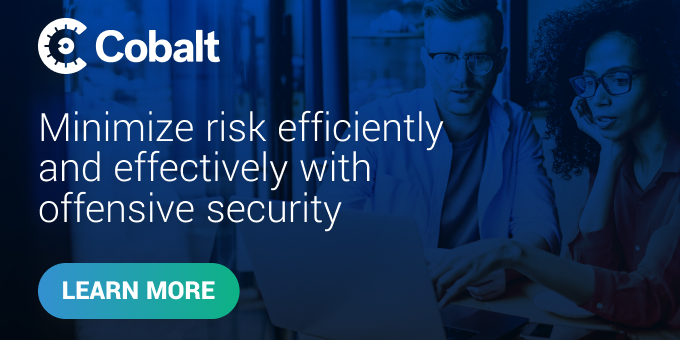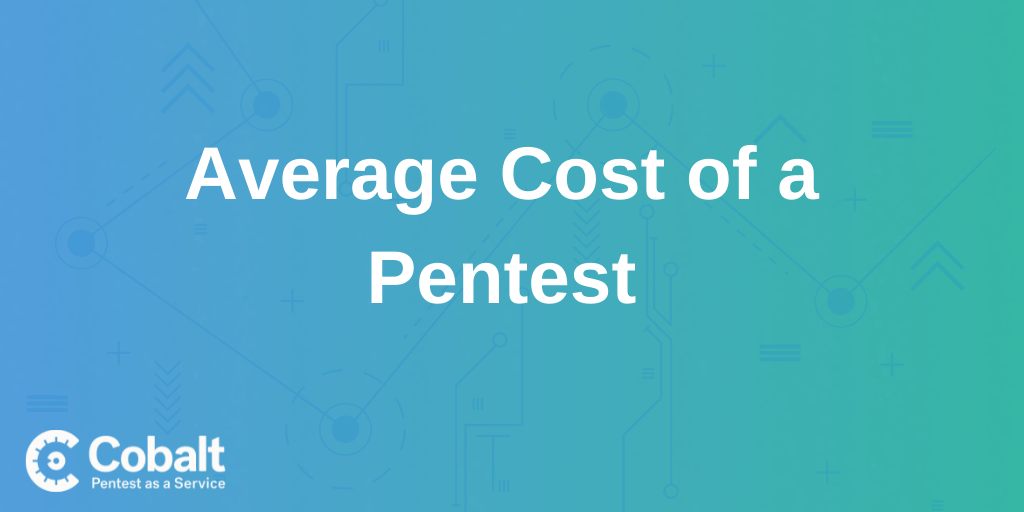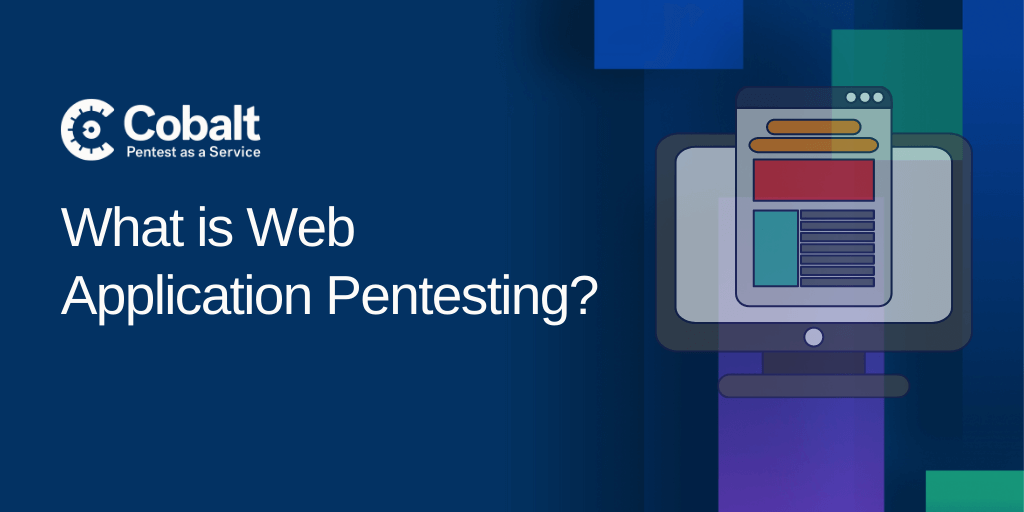As businesses face an increasing number of cybersecurity threats, protecting sensitive data and maintaining customers' trust is crucial–and so is regularly assessing the security of your systems through penetration testing.
A Penetration test (or "pentest") is a process that helps businesses identify vulnerabilities in their systems, networks, and applications. By simulating real-world attacks, penetration testing providers can uncover weaknesses that malicious actors could exploit. However, selecting a pentesting company involves understanding the specific services that align with your security needs and compliance requirements.
Below, we'll take a look at the key factors to consider when selecting a penetration testing company for your business.
Factors to Consider
Selecting the right penetration testing provider involves evaluating several key factors. Agility and speed are essential for identifying and addressing vulnerabilities promptly, ensuring that security measures keep pace with rapid technological developments and emerging threats.
Meanwhile, the ability to reduce risks and achieve compliance through skilled, human-led testing offers a deeper level of security analysis, essential for meeting stringent regulatory standards. As organizations evolve, choosing a provider that offers scalable services ensures that growing security needs continue to be met effectively.
1. Agility & Speed
Effective pentesting requires a provider's agility to swiftly adapt and respond to emerging vulnerabilities within fast-paced development cycles, ensuring rapid assessment and integration into security practices.
Of course, agility can also refer to the provider's rapid response time which can be invaluable for businesses that need to assess the security of a new application before its launch or promptly address potential vulnerabilities identified through other means, such as a vulnerability disclosure program.
In addition to the speed of the initial test, it's also important to consider the provider's ability to quickly perform retests after remediation. Once vulnerabilities have been identified and fixed, a retest can confirm that the remediation efforts were successful and that no new vulnerabilities were introduced in the process.
2. Reducing Risk and Achieving Compliance
Depending on the complexity of the systems being tested and the scope of the engagement, a thorough penetration test can take anywhere from a few days to several weeks. However, some providers claim they streamline the testing process by using automated tools alone.
While automated tools like Dynamic Application Security Testing (DAST) and Interactive Application Security Testing (IAST) can be useful for identifying common vulnerabilities, fully automated testing lacks the creativity and intuition of human testers. Automated scans may miss complex, chained exploits or business logic flaws that require a deeper understanding of the system and its intended functionality.
Human-led penetration testing is essential for a deep security analysis, offering the creativity and intuition needed to uncover complex vulnerabilities that automated tools may miss, thereby supporting stringent compliance requirements. In addition to reducing security risk, human-powered penetration testing can also help businesses achieve and maintain compliance with various industry standards and regulations.
3. Scalability
As businesses grow and evolve, their penetration testing needs may change. It's essential to choose a provider that can scale its services to accommodate these changing requirements. Scalable penetration testing refers to the provider's ability to adapt and expand its testing capabilities to match the organization's growing infrastructure, applications, and user base.
As an organization's security posture matures, the frequency of required testing may increase, so providers must be able to support these demands without sacrificing the depth or integrity of the testing. This might include streamlining methodologies, automating parts of the workflow, and providing continuous support for the organization's testing needs.
List of the Top 10 Penetration Testing Companies in 2024
1. Cobalt: Cobalt has pioneered the Pentest as a Service (PtaaS) model, providing a scalable and efficient platform that integrates seamlessly with client SDLCs. Their services are enhanced by The Cobalt Core, a global community of vetted security experts. This model ensures a broad range of cybersecurity skills are available on demand. The Cobalt platform is designed for rapid deployment, allowing businesses to initiate and view pentest results in real time, thus significantly shortening the time to remediation.
2. Optiv: Optiv's penetration testing incorporates both network and application testing to detect vulnerabilities. They offer red and purple team exercises that simulate real-world attacks to evaluate both the physical and digital aspects of security. A significant component of their service is retesting and remediation guidance, ensuring that vulnerabilities are not only identified but also properly addressed. Optiv provides continuous testing options that help organizations monitor their security posture over time.
3. BreachLock: BreachLock offers a full stack of penetration testing services with a strong emphasis on leveraging AI to automate scanning processes. This approach enhances the speed and coverage of their pentests while still ensuring that expert security analysts manually review critical vulnerabilities.
4. Mandiant (Google Cloud): Mandiant, now part of Google Cloud, is known for its incident response expertise and deep forensic capabilities. Its penetration testing services are informed by frontline experience handling some of the most complex breaches.
5. NetSpi: NetSpi is recognized for its deep-dive manual testing techniques combined with proprietary technology to enhance the pentesting process. They offer continuous penetration testing services integrated into the client’s development lifecycle, ensuring ongoing compliance and security. NetSpi's approach is highly customizable, adapting to the specific risk landscape and regulatory requirements of its clients.
6. CrowdStrike: CrowdStrike offers penetration testing services that leverage their industry-leading threat intelligence and endpoint protection expertise. Their tests are designed to mimic sophisticated adversarial cyberattacks, utilizing the same tactics, techniques, and procedures (TTPs) that real-world attackers use. This provides clients with actionable insights into their defensive capabilities against advanced persistent threats (APTs).
7. Software Secured: Software Secured focuses on integrating penetration testing into software development processes, enhancing application security from design to deployment. Their services emphasize continuous testing and feedback within the DevOps cycle, aiming to detect vulnerabilities early in the software development process.
8. Rapid 7: Rapid7's penetration testing services include tests across networks, applications, and devices using the Metasploit framework to identify vulnerabilities. Their tests aim to uncover how attackers could exploit systems, providing organizations with insights into their security weaknesses and remediation strategies. Rapid7’s offerings cover various domains, such as web and mobile application security, IoT, and network infrastructures.
9. GuidePoint: GuidePoint Security provides Penetration Testing as a Service (PTaaS), combining manual and automated testing to deliver comprehensive and continuous security assessments. Their approach is tailored to identify and exploit vulnerabilities across various domains, including networks, applications, and cloud environments. GuidePoint emphasizes a "defender-first" mentality, focusing on actionable insights that help prioritize security improvements and investments specific to the organizational context.
10. Vumetric: Vumetric offers a range of penetration testing services. Their approach combines both manual and automated techniques to provide a thorough security assessment that aligns with international standards such as OWASP and MITRE ATT&CK frameworks. Vumetric's services extend to both internal and external penetration testing, aiming to protect organizations from potential insider threats as well as external attacks.
Penetration Testing FAQs
What are the benefits of pentesting?
Pentesting helps organizations identify and fix vulnerabilities before they are exploited, improving system security and operational resilience. This proactive approach not only secures systems but also enhances trust with customers by demonstrating a commitment to security. Furthermore, regular pentesting facilitates continuous improvement, helping organizations stay ahead of emerging threats and adapt their security measures accordingly.
What are the different types of pentests organizations should get?
Organizations should consider conducting various types of pentests to ensure comprehensive and agile security coverage. White-box testing provides testers with complete system knowledge, allowing for thorough and efficient testing. Black-box testing simulates an external attack, providing insight into what an actual attacker might exploit without any internal knowledge. Gray-box testing offers a balance, with testers given partial knowledge of the system, helping to assess both internal and external threats more effectively.
What are some common questions to ask your pentesting provider?
When choosing a pentesting provider, it's important to ask questions that reveal their expertise, processes, and how well they align with your organization's security needs. For example:
- How do you stay current with the latest vulnerabilities and exploits?
- What is your methodology for testing and reporting vulnerabilities?
- How do you handle data security and privacy during your tests?
- What support do you offer for remediation and post-test consultations?
- What type of integrations do you offer to support development and security workflows?
How to prepare for a pentest?
Preparing for a pentest involves several steps: defining the scope and goals of the test, ensuring all security policies and procedures are up to date, backing up critical data, and ensuring compliance with legal and regulatory standards. It's also important to prepare your environment and inform relevant teams about the upcoming tests to prevent any disruptions. This includes performing backups and possibly setting up a mirrored testing environment to avoid impacts on live systems.
Learn more about penetration testing best practices.










